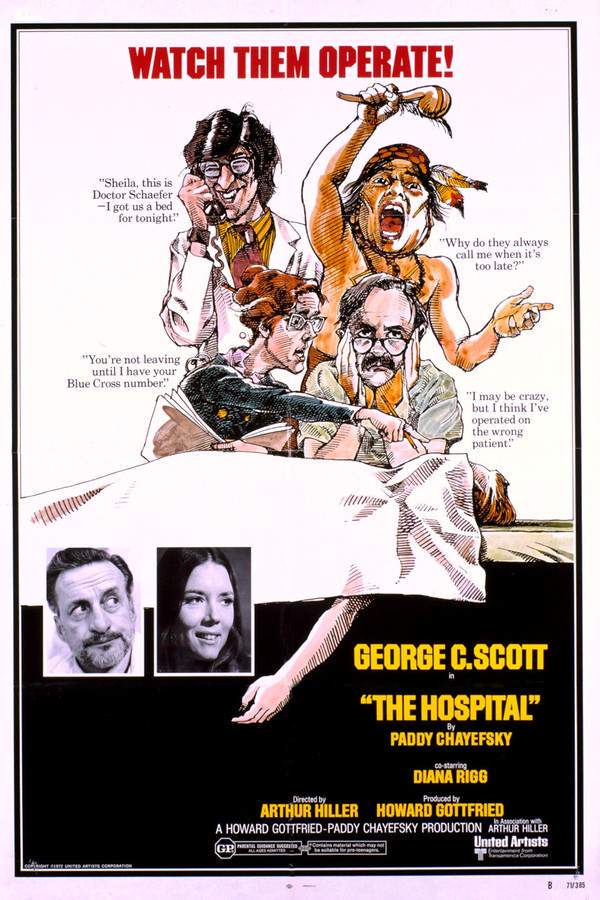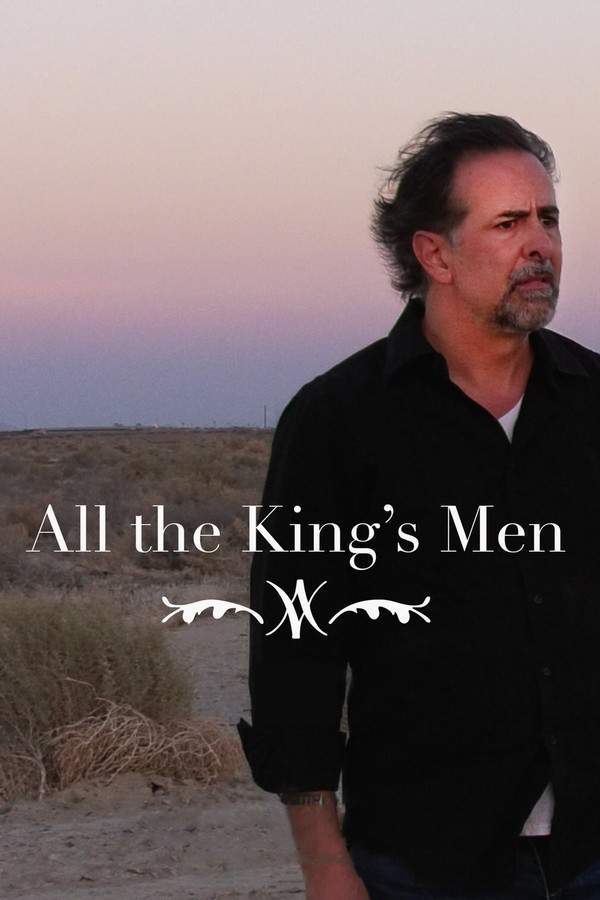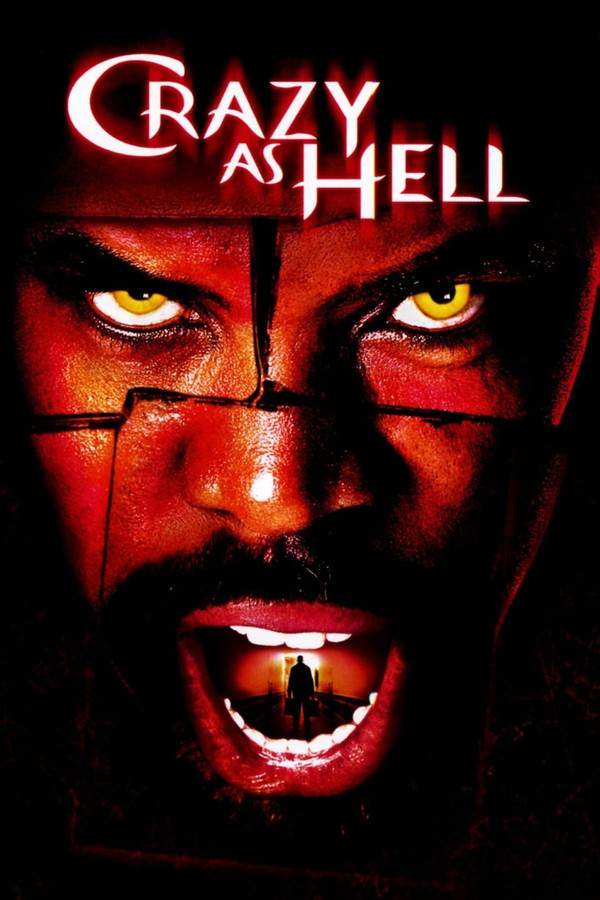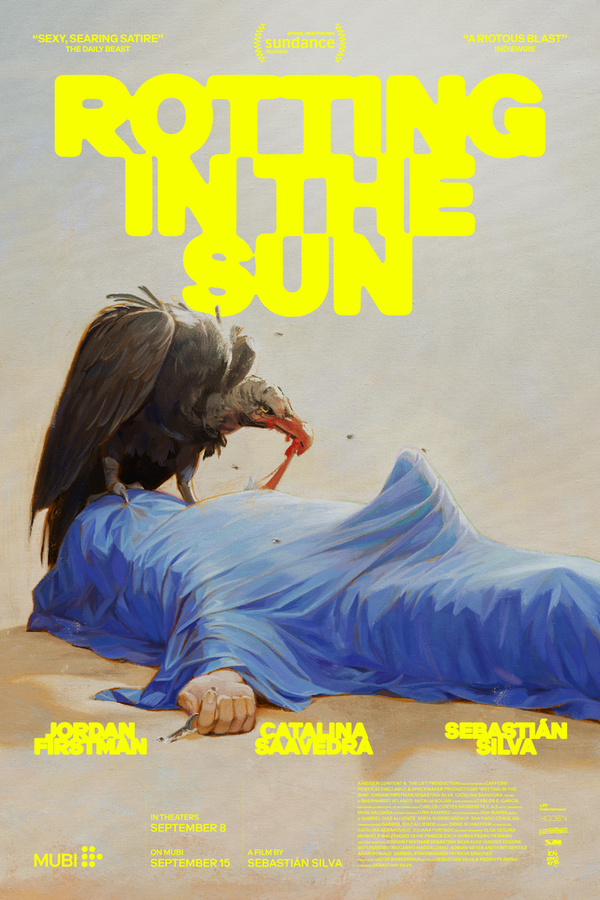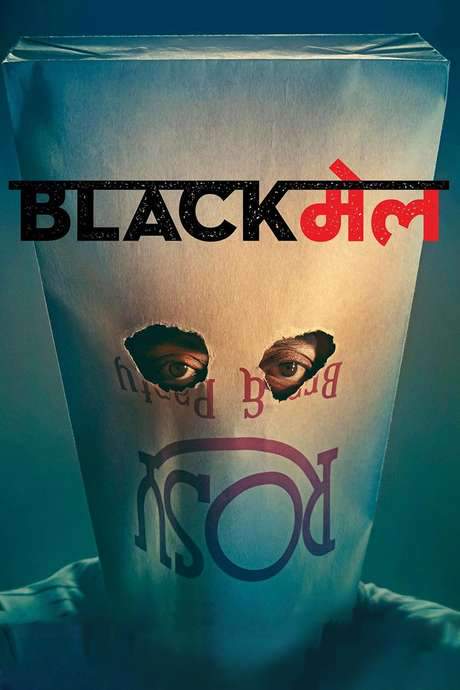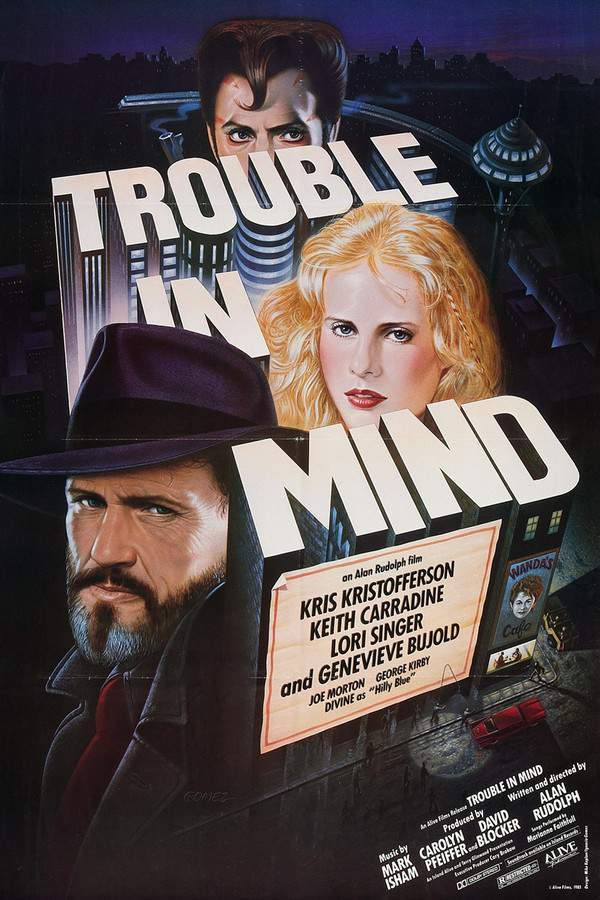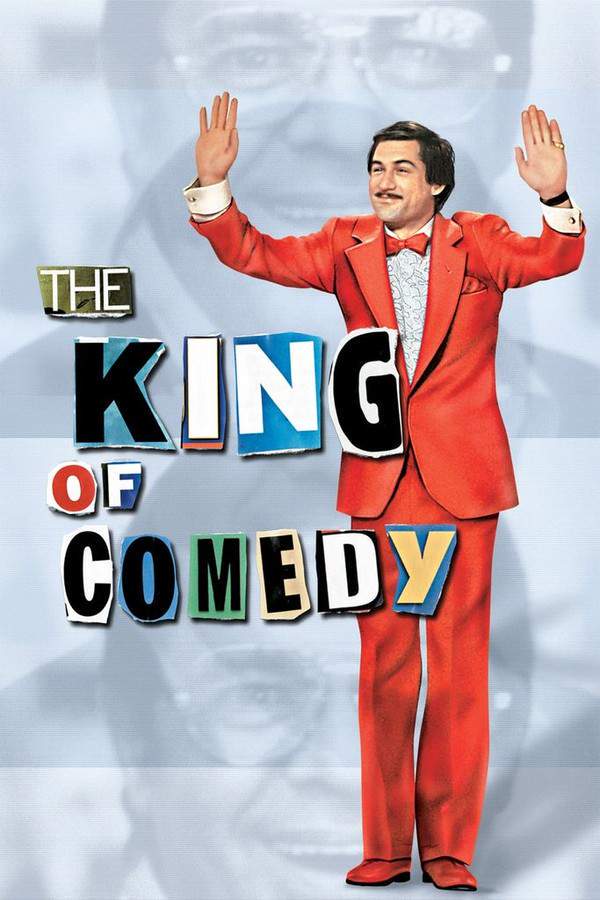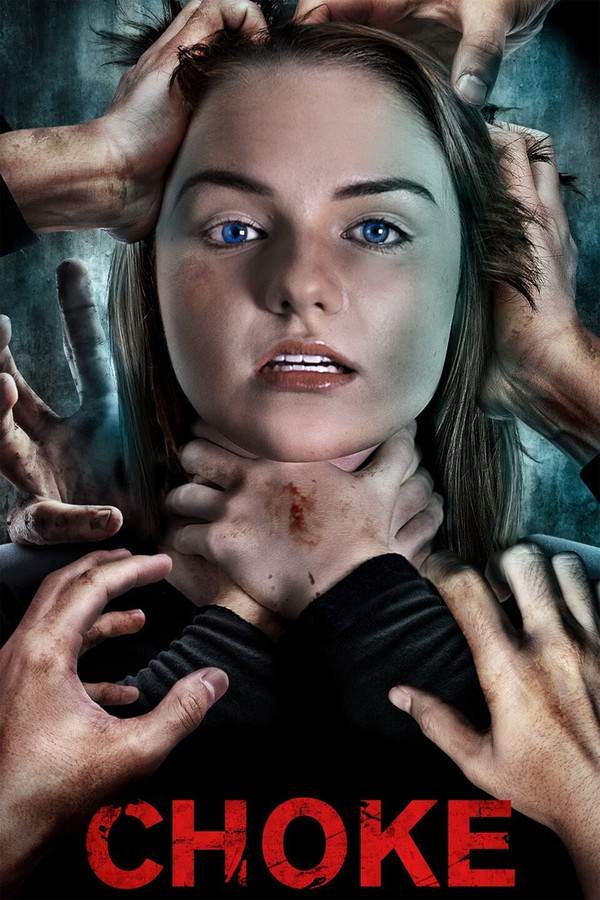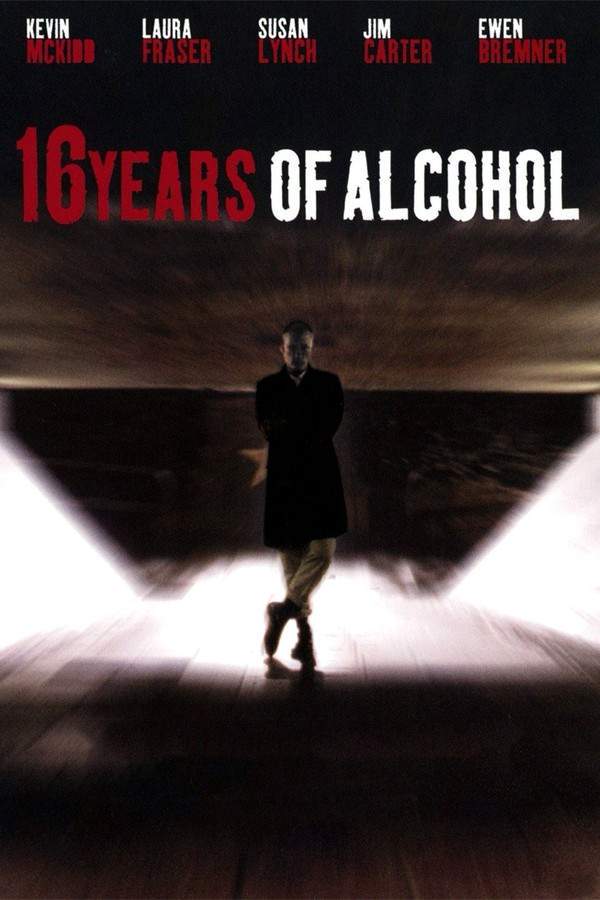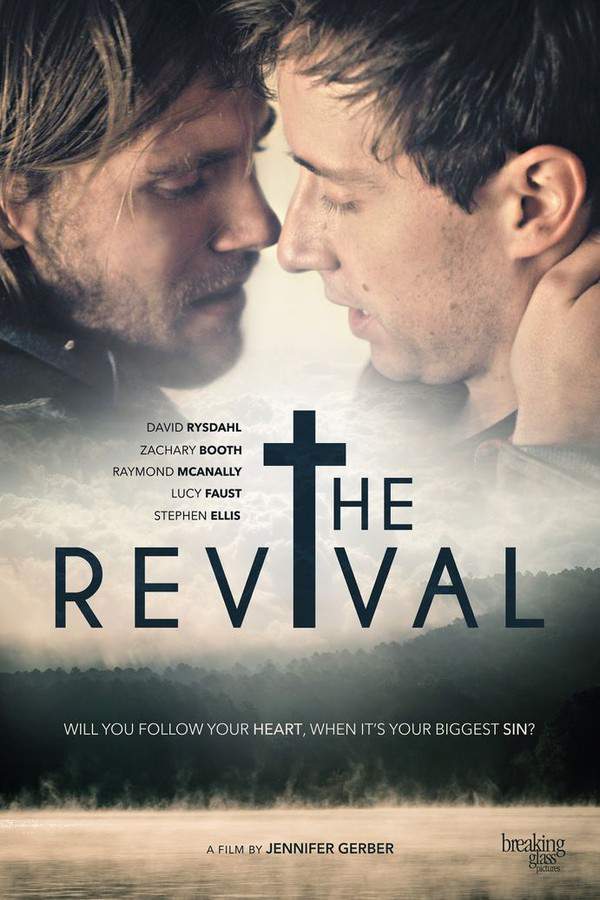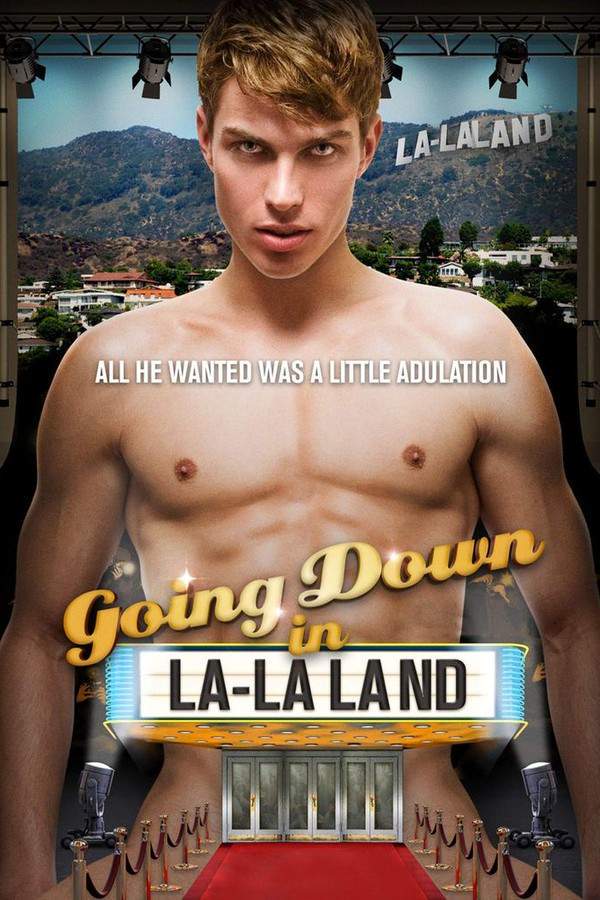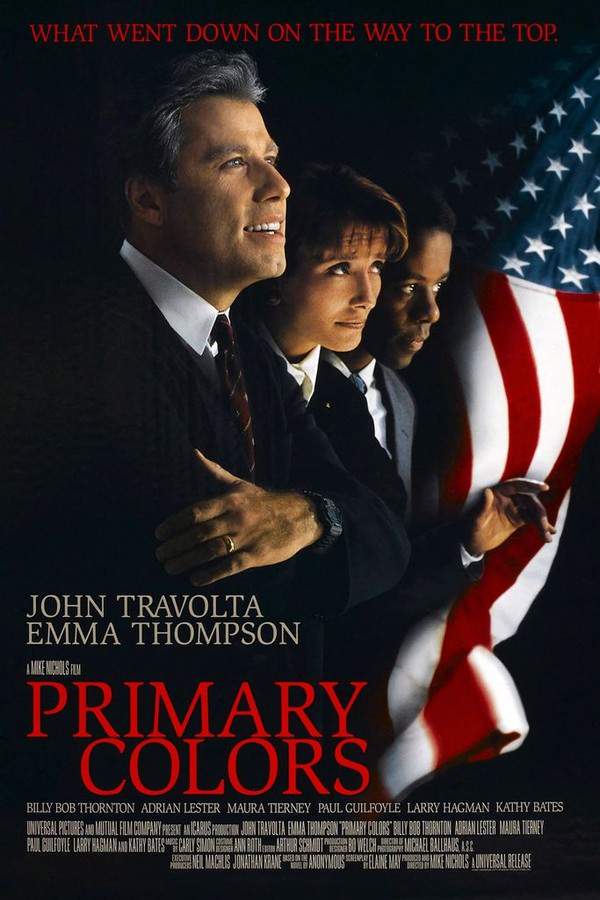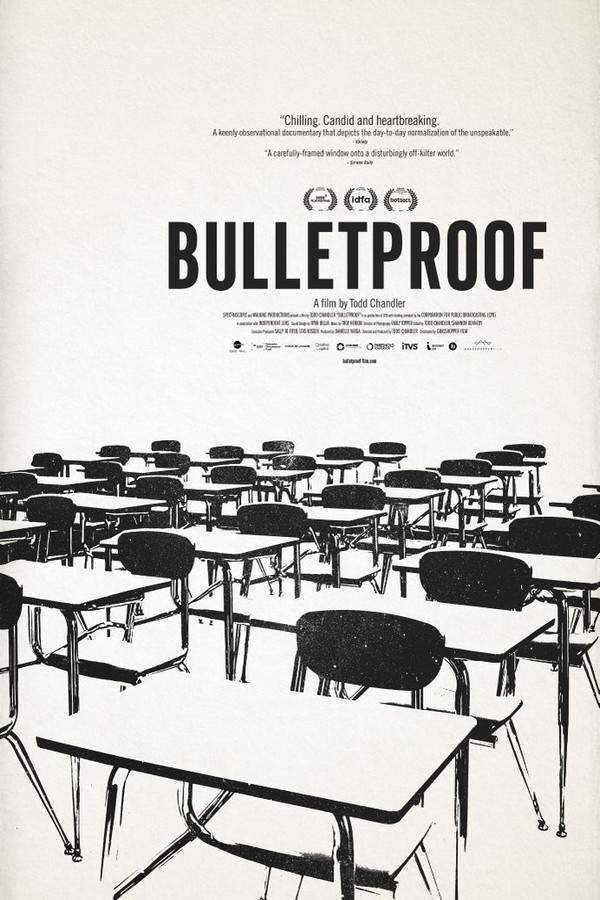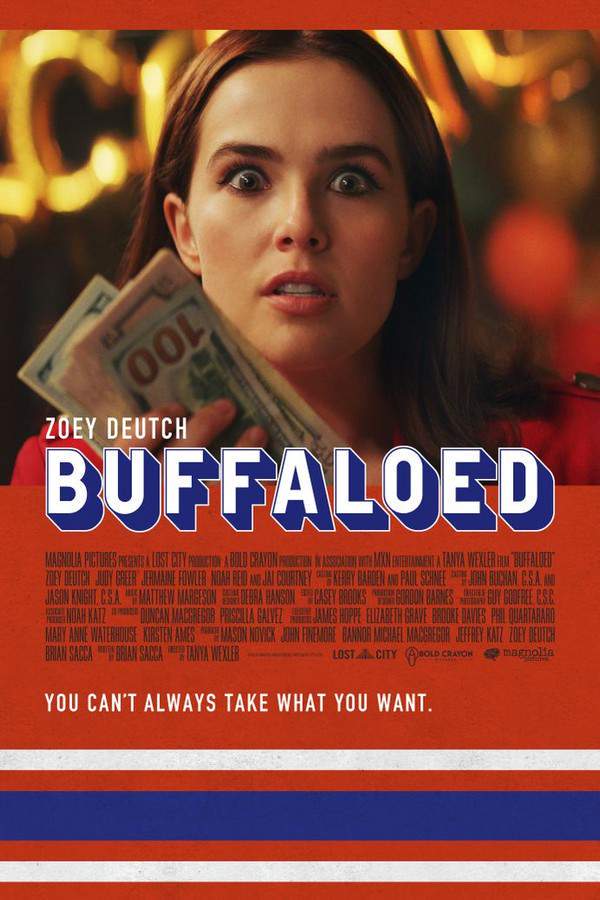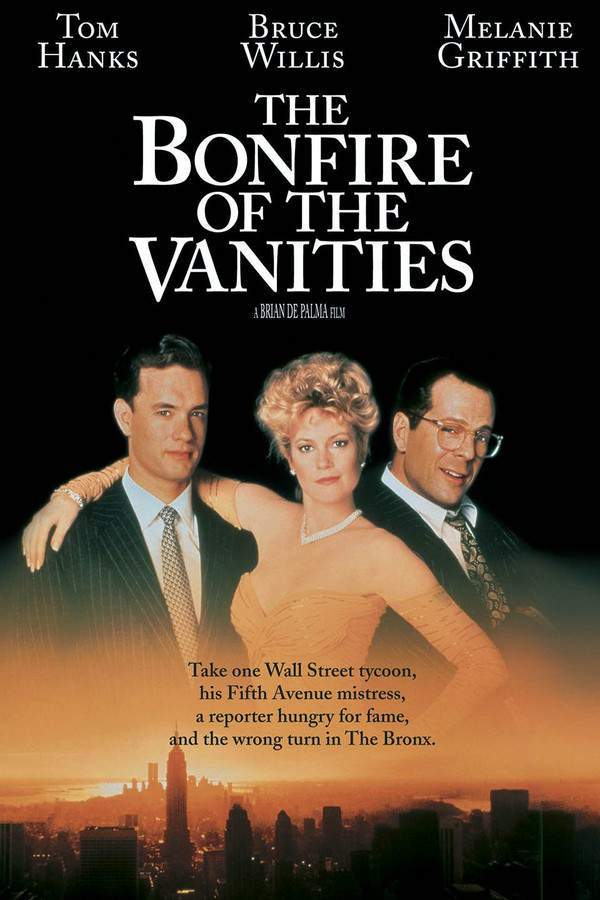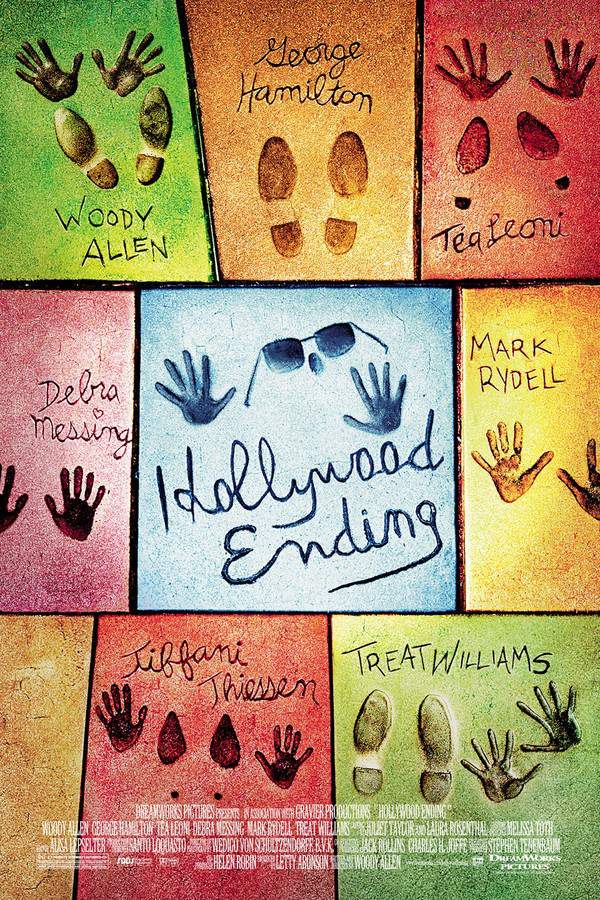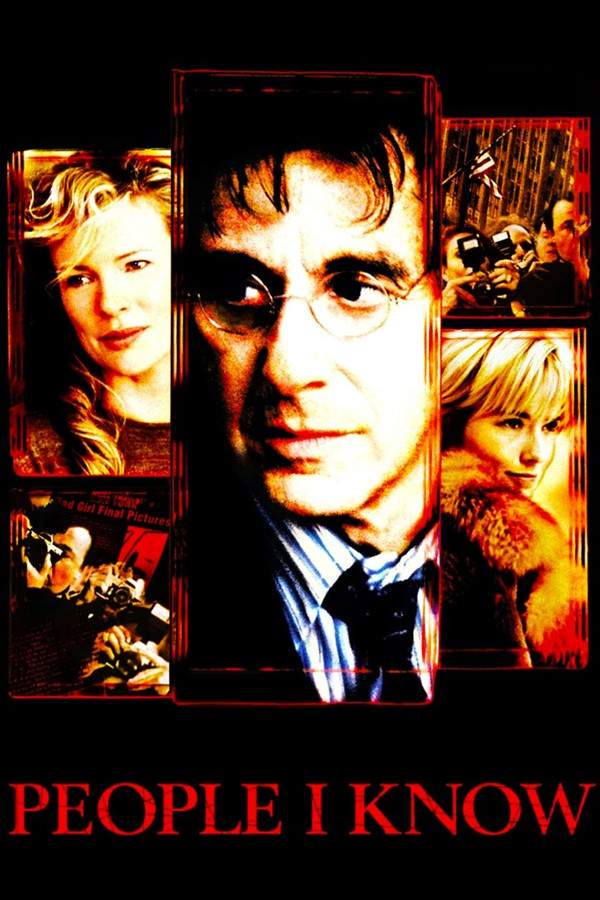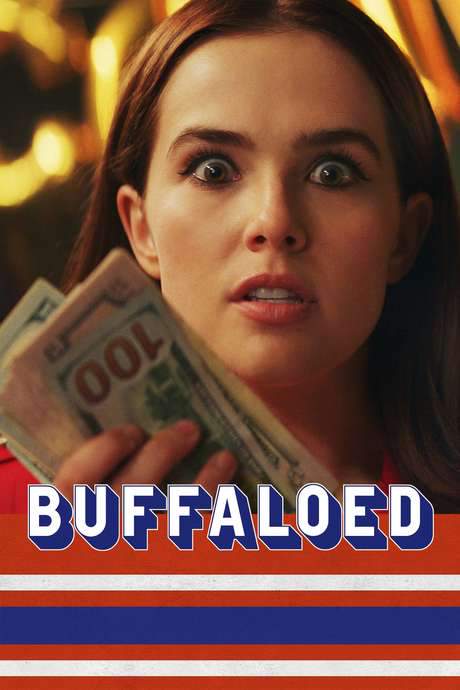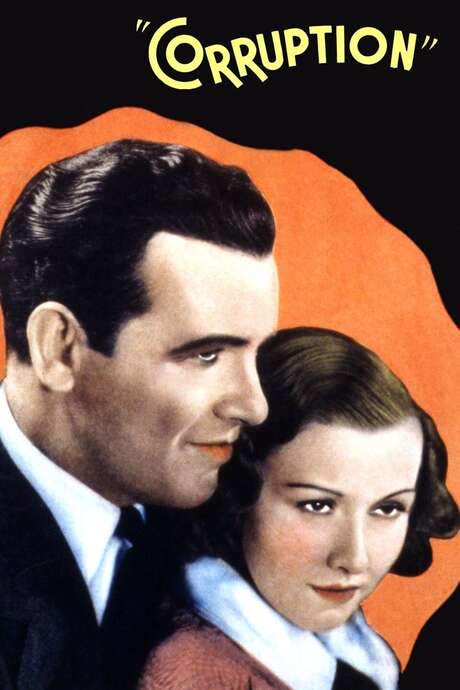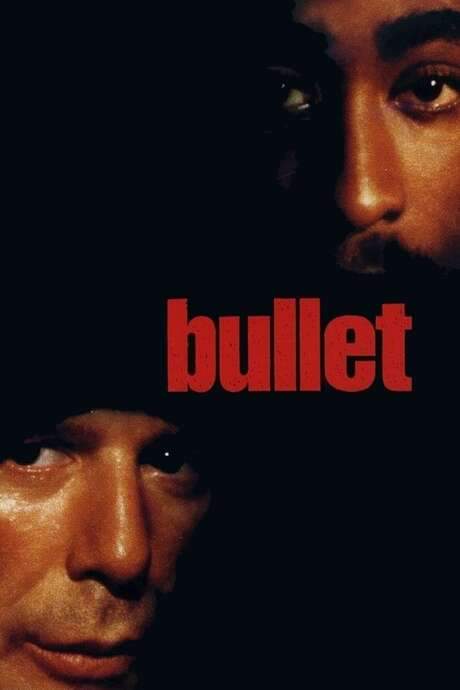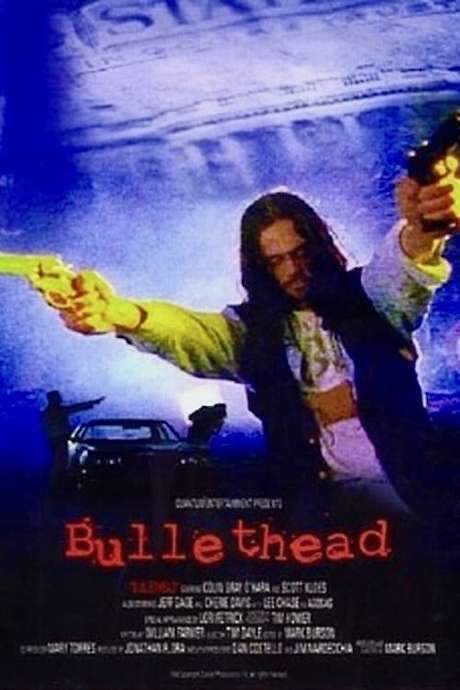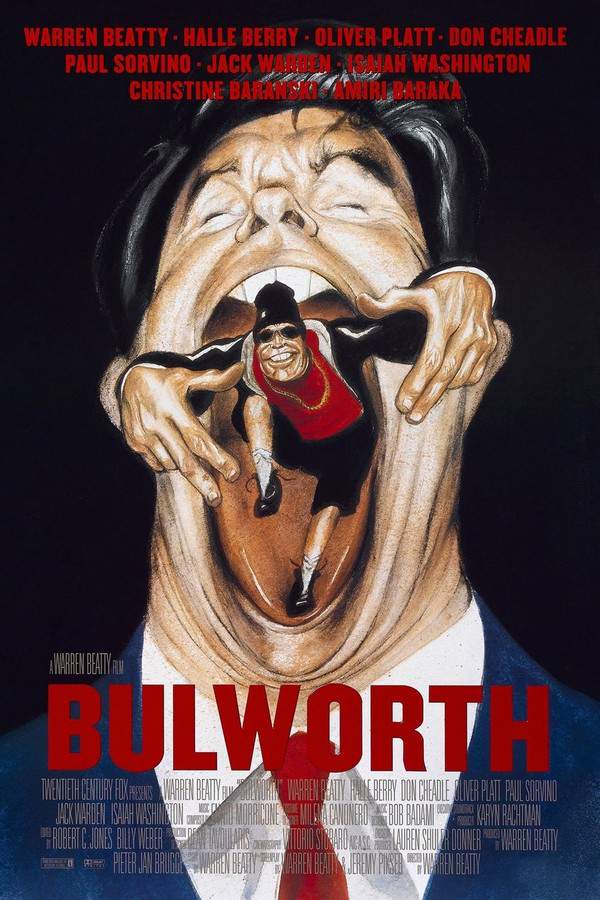
Bulworth
Year: 1998
Runtime: 108 min
Language: English
A cynical and financially ruined politician, Senator Jay Bulworth, contemplates ending his life and leaving his assets to his family. However, as he prepares for this drastic measure, he unexpectedly embraces a newfound freedom, abandoning his carefully constructed image and speaking openly about his true beliefs. This journey of liberation is further complicated by an unexpected romance that challenges his plans and offers a chance at redemption.
Warning: spoilers below!
Haven’t seen Bulworth yet? This summary contains major spoilers. Bookmark the page, watch the movie, and come back for the full breakdown. If you're ready, scroll on and relive the story!
Bulworth (1998) – Full Plot Summary & Ending Explained
Read the complete plot breakdown of Bulworth (1998), including all key story events, major twists, and the ending explained in detail. Discover what really happened—and what it all means.
Set in March 1996, we meet Jay B. Bulworth, a 60-year-old Democratic U.S. Senator portrayed by Warren Beatty, who finds himself grappling with the potential end of his political career against a vibrant young contender. Once a staunch socialist, Bulworth’s political ideals have faded, compromising his values for donations from wealthy corporations as he seeks re-election. Meanwhile, he and his wife, Constance (played by Christine Baranski), maintain the illusion of a happy marriage, despite both engaging in extramarital affairs with full awareness of one another.
Feeling disillusioned with life and politics, time is running out for Bulworth, who struggles with insomnia and plans to end his life. In a dramatic turn, he arranges for a $10 million life insurance policy, naming his daughter as the beneficiary, while intending to beat the odds of suicide cancelling the policy by hiring an assassin to take him out within two days.
Upon arriving in California for his campaign, Bulworth descends into a state of heavy drinking, astonishing his campaign manager, Dennis Murphy (played by Oliver Platt). In a surprising turn of events, he speaks candidly at an African American church in South Central Los Angeles, where his unfiltered remarks, coupled with an unexpected penchant for rapping, capture the hearts of the media and revive his campaign. Along this journey, he becomes infatuated with a spirited young activist named Nina, played by Halle Berry, who accompanies him on his campaign trail.
As the public frenzy grows, Bulworth finds himself under scrutiny not only from the paparazzi but also from his insurance company and supporters, all while being haunted by the impending threat of his assassination. Following a contentious televised debate where he openly critiques the insurance sector and the U.S. healthcare system, he retreated to Nina’s family’s home in the ghetto, experiencing a pivotal moment of connection with the community—buying ice cream for children selling crack and confronting police discrimination.
Bulworth’s public discussions resonate with the viewers, leading him to offer outlandish yet thought-provoking solutions to societal issues, notably proposing that “everybody should fuck everybody” until all are “the same color,” which stuns both the audience and his interviewer. Following this controversial TV segment, an unexpected twist occurs when he discovers Nina is actually the hitwoman he hired, but her feelings for him evolve, saving him from his own fate.
As Bulworth finally finds respite in Nina’s arms, he sleeps for over 36 hours, achieving a level of peace he hasn’t felt in ages. This lapse creates a stir in the media as his absence coincides with election day, sparking conversations on race, inequality, and poverty across the nation. In an astonishing turn of events, Bulworth wins the primary by a considerable margin.
On the morning following his election victory, chaos unfolds as press and campaign members converge at Nina’s residence, offering their congratulations. A reformed L.D. (Don Cheadle), a local drug lord, arrives with a surprising offer of leniency regarding Nina’s brother’s debt. However, as Bulworth emerges from the shadows, rejuvenated and grateful, he invites Nina along for the journey ahead.
In a climactic moment of joy, Bulworth is tragically shot in front of supporters and reporters by Graham Crockett (Paul Sorvino), an agent aligned with the insurance lobby who opposes Bulworth’s pro-healthcare stance. The film closes on an ambiguous note, with Bulworth’s fate uncertain, as an elderly vagrant he encountered earlier implores him not to become “a ghost” but rather “a spirit,” echoing earlier themes of purpose and legacy through song. In the final shot, he invites the audience to join him in this quest for meaning.
Last Updated: October 27, 2024 at 17:59
Explore Movie Threads
Discover curated groups of movies connected by mood, themes, and story style. Browse collections built around emotion, atmosphere, and narrative focus to easily find films that match what you feel like watching right now.
Movies about unhinged politicians like Bulworth
Stories of public figures breaking down and speaking dangerous truths.If you liked the chaotic energy of Bulworth, explore more movies where politicians crack under pressure. These films feature public figures abandoning decorum to speak dangerous truths, leading to media frenzies and personal peril. They blend dark satire with high-stakes drama for a uniquely tense and liberating viewing experience.
Narrative Summary
These narratives follow a powerful individual who, often due to despair or disillusionment, undergoes a dramatic breakdown of their public facade. They begin to vocalize inconvenient truths about the systems they operate in, creating a wave of both admiration and backlash. The story typically escalates into a frantic and dangerous situation as their newfound freedom threatens established powers.
Why These Movies?
Movies in this thread share a core premise of a public figure's psychological undoing leading to radical honesty. They are united by a darkly satirical tone, a sense of frenetic energy as the character's actions spiral out of control, and themes of political/media corruption. The emotional journey is one of reckless liberation mixed with impending tragedy.
Movies about reckless redemption like Bulworth
Characters find liberation and a chance at change by burning their lives down.Seeking more stories like Bulworth where a character's self-destructive honesty becomes a path to liberation? These films follow disillusioned individuals who abandon their facade, leading to chaotic but transformative journeys. They explore themes of personal truth, societal critique, and ambiguous redemption with heavy emotional weight and dark humor.
Narrative Summary
The narrative pattern begins with a protagonist in a state of deep despair or existential crisis. They make a conscious or subconscious decision to stop pretending, adopting a policy of radical and often socially destructive honesty. This reckless behavior creates intense conflict but also clears the way for genuine connection and self-discovery, culminating in a climax that questions whether true redemption was achieved.
Why These Movies?
These films are grouped by a shared character arc: a downward spiral into honesty that functions as a crucible for change. They blend dark comedy with heavy drama, featuring high emotional stakes and variable pacing that mirrors the character's chaotic mental state. The central theme is the paradoxical idea that destruction of one's old life can be the first step toward saving one's soul.
Unlock the Full Story of Bulworth
Don't stop at just watching — explore Bulworth in full detail. From the complete plot summary and scene-by-scene timeline to character breakdowns, thematic analysis, and a deep dive into the ending — every page helps you truly understand what Bulworth is all about. Plus, discover what's next after the movie.
Bulworth Timeline
Track the full timeline of Bulworth with every major event arranged chronologically. Perfect for decoding non-linear storytelling, flashbacks, or parallel narratives with a clear scene-by-scene breakdown.

Characters, Settings & Themes in Bulworth
Discover the characters, locations, and core themes that shape Bulworth. Get insights into symbolic elements, setting significance, and deeper narrative meaning — ideal for thematic analysis and movie breakdowns.

Bulworth Spoiler-Free Summary
Get a quick, spoiler-free overview of Bulworth that covers the main plot points and key details without revealing any major twists or spoilers. Perfect for those who want to know what to expect before diving in.

More About Bulworth
Visit What's After the Movie to explore more about Bulworth: box office results, cast and crew info, production details, post-credit scenes, and external links — all in one place for movie fans and researchers.

Similar Movies to Bulworth
Discover movies like Bulworth that share similar genres, themes, and storytelling elements. Whether you’re drawn to the atmosphere, character arcs, or plot structure, these curated recommendations will help you explore more films you’ll love.
Explore More About Movie Bulworth
Bulworth (1998) Scene-by-Scene Movie Timeline
Bulworth (1998) Movie Characters, Themes & Settings
Bulworth (1998) Spoiler-Free Summary & Key Flow
Movies Like Bulworth – Similar Titles You’ll Enjoy
Primary Colors (1998) Spoiler-Packed Plot Recap
Bulletproof (1996) Ending Explained & Film Insights
Bully (2001) Detailed Story Recap
Buffaloed (2020) Complete Plot Breakdown
The Bonfire of the Vanities (1990) Complete Plot Breakdown
Hollywood Ending (2002) Story Summary & Characters
People I Know (2003) Complete Plot Breakdown
Buffaloed (2019) Detailed Story Recap
Corruption (1933) Plot Summary & Ending Explained
Bullet (1996) Film Overview & Timeline
Bullethead (1999) Film Overview & Timeline
Bullets or Ballots (1936) Full Movie Breakdown
Below the Deadline (1946) Plot Summary & Ending Explained
Bullets Over Broadway (1994) Complete Plot Breakdown
High Life (2009) Full Movie Breakdown

